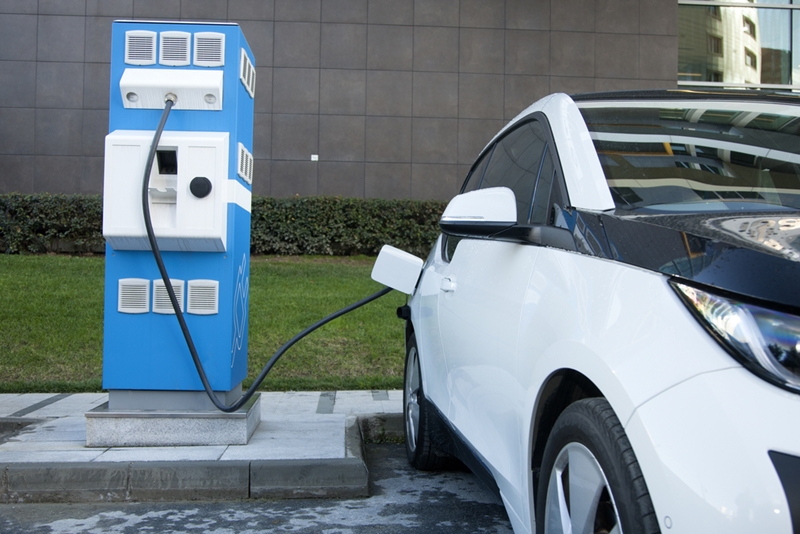
The vehicle identification number (VIN) is composed of 17 characters (digits and capital letters) that act as a unique identifier for the vehicle. A VIN displays the car's unique features, specifications and manufacturer.
The VIN can be found in a couple of places including on the car's registration label (1), on the compliance plate in the engine bay (2) or on the passenger side windshield (3), or on one of the door posts (where the door latches when it is closed) (4). See the image below:
For some time, the automotive world has been evolving to become more fuel efficient. Ten years ago, not many would have thought electric and hybrid vehicles would be as widely used as they are today, but we've seen a slow acceptance of these cars, followed by a more recent surge in their popularity.
The National Transportation Council (NTC) found that in 2008, low-emission cars made up only 0.6 per cent of all vehicles sold in Australia that year1. That number slowly crept up, except for a small dip in 2010.
4.7 per cent of cars sold last year were of the low-emission family1.
Perhaps its our awareness of global warming these days, or the impact fuel-efficient cars can have on our pockets, but 2015 saw the biggest rise in eco-friendly cars since records began, the NTC discovered in April. An admittedly small - though huge in growth terms - 4.7 per cent of cars sold last year were of the low-emission family1.
It helps car buyers that there are more eco-friendly cars available than ever before, while even fuel-powered vehicles are working hard to match the energy efficiency of electric and hybrid models.
But which are the most efficient cars to drive today? The Australian government's Green Vehicle Guide provides some answers:
The three most efficient cars in Australia
It's no surprise that the most energy-conscious cars available are of the electric variety. Using electricity rather than fossil fuels reduces the amount of carbon dioxide produced, while cutting down on expensive fuel.
The three most efficient, as of June2, were:

The three most fuel-efficient petrol cars in Australia
Not ready to take the plunge with an electric car just yet? Another great benefit of eco-friendly cars is how manufacturers have been working to make practically all their models better for your budget - including previous fuel guzzlers.
The three most efficient fuel-powered cars in June2 were:
Many things can influence fuel consumption, including the condition of your car. Make sure your used vehicle doesn't have a dodgy past by getting a CarHistory report online before you spend the money.
1 NTC, Biggest jump in fuel-efficient car sales since records began. Accessed June, 2016.
2 Green Vehicle Guide, Top 20 Performers. Accessed June, 2016.